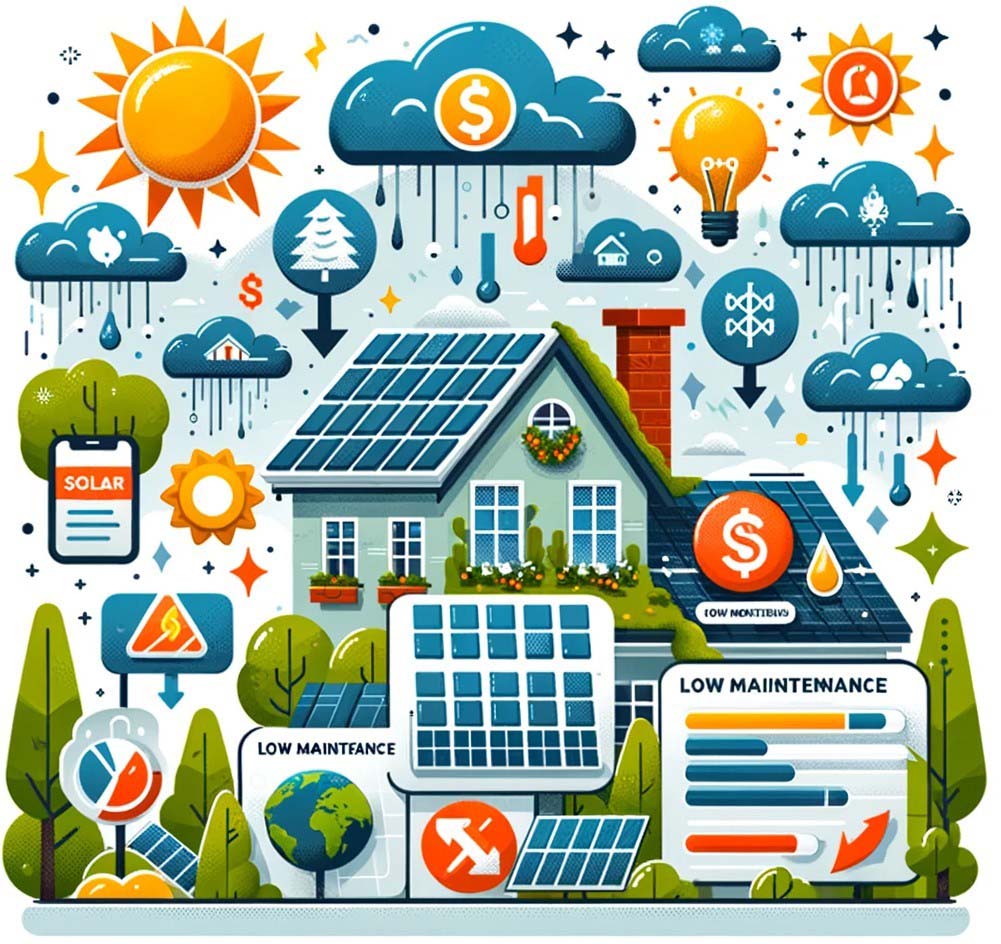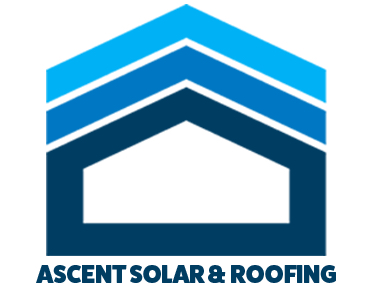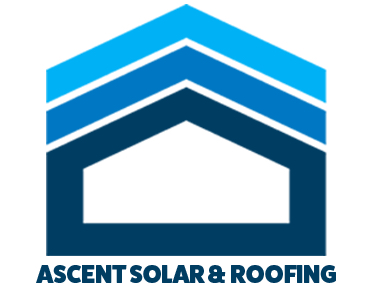
Table of Contents:
- Introduction to Common Solar Energy Myths
- Myth 1: Solar Panels Don't Work in Cold or Cloudy Weather
- Myth 2: Solar Energy is Too Expensive
- Myth 3: Solar Panels Require Excessive Maintenance
- Myth 4: Solar Energy Isn't Really Environmentally Friendly
- Myth 5: Solar Panels Will Damage Your Roof
- Myth 6: Solar Power is Too Complicated to Use
- Myth 7: Solar Energy Will Never Be a Primary Energy Source Conclusion
- Contact Ascent Solar and Roofing
Introduction to Common Solar Energy Myths
Solar energy, despite its growing popularity, is often surrounded by misconceptions. This article aims to debunk some of the most common myths about solar energy, providing factual information to clarify these misunderstandings.
Myth 1: Solar Panels Don't Work in Cold or Cloudy Weather
Contrary to popular belief, solar panels can be effective in cold and even cloudy conditions. The efficiency of solar panels can sometimes increase in colder temperatures. A study by the National Renewable Energy Laboratory (NREL) confirms that photovoltaic panels can maintain performance in various weather conditions, including overcast skies.
Myth 2: Solar Energy is Too Expensive
The cost of solar energy has dramatically decreased over the years. Financial incentives, such as the Federal Solar Tax Credit, and advances in technology have made solar more affordable than ever. The Solar Energy Industries Association (SEIA) reports a significant drop in solar installation costs, making it a viable option for a wider range of consumers.
Myth 3: Solar Panels Require Excessive Maintenance
Solar panels require minimal maintenance. They are designed to withstand various weather conditions, and occasional cleaning and routine inspections are generally sufficient to maintain their efficiency, as supported by maintenance guidelines from the Department of Energy.
Myth 4: Solar Energy Isn't Really Environmentally Friendly
While manufacturing solar panels involves resource use, the overall environmental footprint is significantly lower compared to traditional energy sources. According to the Environmental Protection Agency (EPA), the lifecycle greenhouse gas emissions from solar energy are considerably lower than those from fossil fuels.
Myth 5: Solar Panels Will Damage Your Roof
When installed correctly by a professional, solar panels do not damage your roof. In many cases, they can actually protect and preserve the portion of the roof they cover. Proper installation techniques ensure that there is no adverse effect on roof integrity.
Myth 6: Solar Power is Too Complicated to Use
The perception that solar energy systems are complicated and hard to manage is a common misconception. Modern solar systems are designed for ease of use and often come with monitoring systems that allow homeowners to easily track performance and manage their energy usage. The simplicity of solar power systems is highlighted in user experience studies and reports from renewable energy organizations.
Myth 7: Solar Energy Will Never Be a Primary Energy Source
Despite skepticism, solar energy has the potential to become a major contributor to the global energy mix. The International Energy Agency (IEA) has recognized solar power as one of the fastest-growing renewable energy sources and projects its significant expansion in the coming decades. With continuous technological advancements and increasing support for renewable energy policies, solar energy is well-positioned to become a primary energy source.
Conclusion
Dispelling these common myths is crucial in understanding the true potential and benefits of solar energy. As solar technology continues to evolve and become more accessible, it stands as a viable and sustainable energy solution for the future.
Contact Ascent Solar and Roofing
For those seeking accurate information about solar energy or considering a transition to solar power, Ascent Solar and Roofing is here to provide expert guidance and reliable solutions. Contact us to dispel any myths and learn how solar energy can benefit your home or business

